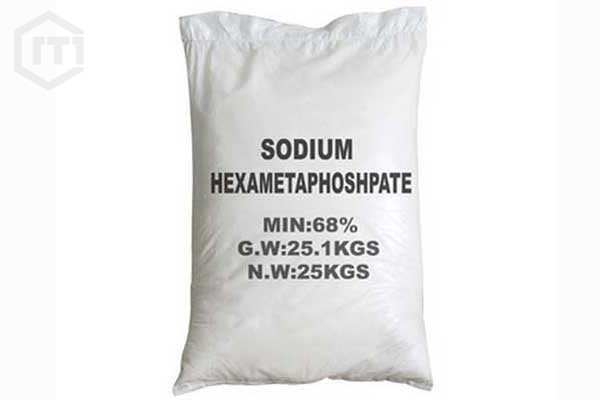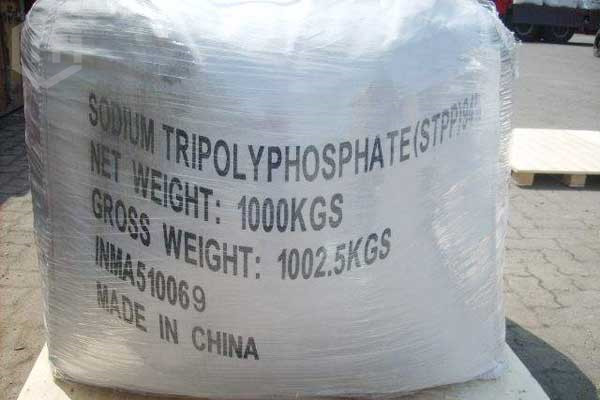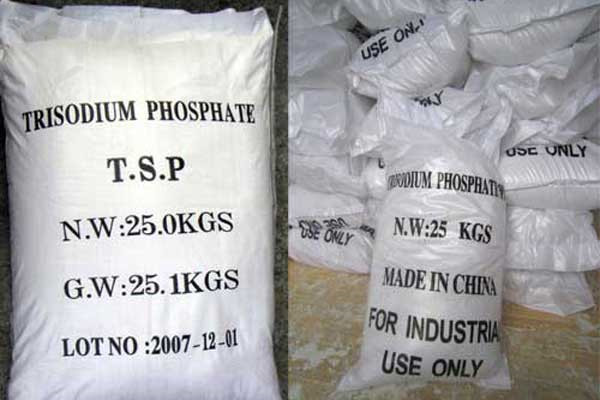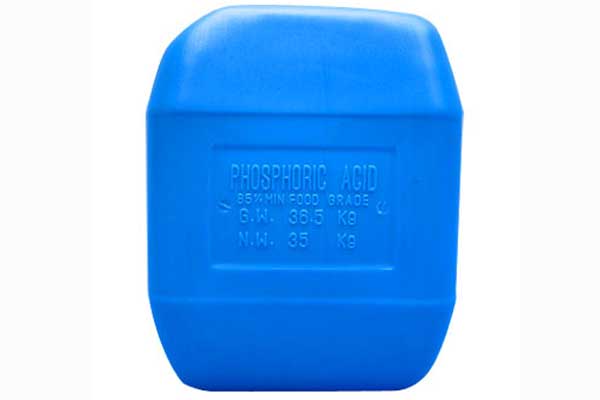Home » Choose The Suitable Boiler Water Treatment Chemicals
Phosphates for Boiler Water Treatment We can Supply
We can supply trisodium phosphate tsp, sodium tripolyphosphate stpp, sodium hexametaphosphate shmp for boiler water treatment, as well as phosphoric acid. If you need these phosphates for your industries, feel free to contact us for details and quotation.
Would like The Quotation?
Leave your demands in detail here, we will reply you quickly.
What Are Common Treatment Methods for Industrial Boiler Water
Out-of-boiler water treatment. Before the raw water enters the boiler, water treatment equipment is used to desalinize, soften, remove large particles of impurities and other harmful substances to make the water supply meet the standards. Sodium ion exchange water softening equipment, ion exchange desalination equipment and other processes are often used.
Water treatment in the boiler. Boiler water treatment chemicals are used to treat the water quality in the boiler to avoid the corrosion of the inner wall of the boiler by impurities in the water and prevent the boiler from scaling.
What Are Common Used Boiler Water Treatment Chemicals
It is important to ensure that the most suitable boiler water treatment chemicals are used. Because in the long run, the cost of using the wrong chemicals may be higher and may not provide adequate treatment methods for the steam boiler. Different working pressures, system materials and chemical composition of makeup water will affect the treatment procedures that industrial boiler should use.
Corrosion and scale inhibitor. It can carry out complex physical and chemical reactions on boiler water under high temperature conditions, can remove the hardness of the water, effectively prevent the formation of scale on the heating surface of the boiler, and prevent the boiler from being corroded.
Chemical deoxidizer. It can effectively absorb the dissolved oxygen in the boiler water and prevent the dissolved oxygen from corroding the boiler. The chemical reaction produced by it does not harm the boiler. The agent has a certain energy saving effect.
Feed water alkali reducer. It can effectively reduce the alkalinity of boiler feed water, increase the concentration multiple of boiler water, and reduce sewage discharge. It is suitable for low-pressure steam boilers with high feed water alkalinity and low chloride content.
Steam condensate treatment agent. This agent has strong permeability, which can effectively inhibit acid corrosion of metals and prolong the service life of equipment.
Chelating agents. Such as inorganic phosphates, which act as inhibitors and act as a threshold.
Defoamer or anti-primer. A mixture of surfactants that can change the surface tension of the liquid, remove foam and prevent the residue of fine water particles in the steam.
Why Chemical Water Treatment in The Boiler is Necessary
Boiler water treatment agent is one of the indispensable processes in industrial boiler feedwater treatment. Its application extends the service life of boiler equipment, thereby reducing the investment cost of enterprises.
What Are Functions of Phosphates in Boiler Water Treatment
Phosphates are mainly used as corrosion and scale inhibitors in cooling and boiler water treatment. Its mechanism of action is corrosion inhibition mechanism and scale inhibition mechanism. The corrosion inhibition mechanism of phosphates as corrosion inhibitors varies according to their varieties, uses and conditions of use. In the treatment of circulating cooling water, polymerized phosphate is used more.
Corrosion inhibition mechanism
This mechanism believes that when there is a certain concentration of Ca2+ or other divalent metal ions in the water, the polyphosphate ion and Ca2+ form a positively charged coordination ion. This complex ion exists in the aqueous solution in a peptized state. When steel corrodes in water, the anode reaction product Fe2+ diffuses and moves toward the cathode. The positively charged calcium polyphosphate complex ions in the peptized state can be complexed with Fe2+ to generate complex ions with calcium polyphosphate iron as the main component, which are deposited on the surface of the cathode by corrosion current to form a precipitated film. This film has a certain degree of compactness, which can block the diffusion of dissolved oxygen to the cathode, that is, inhibit the cathode reaction of the corrosion battery, thereby inhibiting the entire corrosion reaction.
Scale inhibition mechanism
Polyphosphates are commonly used as scale inhibitors in circulating cooling water treatment. Orthophosphate is mostly used as scale inhibitor in boiler water treatment. Both of them play a role according to different scale inhibition mechanisms in their respective occasions. The scale in the cooling water is mainly calcium carbonate scale, calcium phosphate scale, calcium silicate scale and magnesium silicate scale. When there is no excessive PO3-4 or SiO2 in the cooling water, calcium phosphate scale and magnesium silicate scale are not easy to form, and calcium carbonate scale is the easiest to form. Adding a small amount of polyphosphate in water can prevent the precipitation of calcium carbonate. The reason why calcium carbonate precipitation can be effectively prevented is that polyphosphate effectively controls the rate of crystal nucleus formation. In addition, polyphosphate can also chelate Ca2+ and Mg2+ ions to form monocyclic or bicyclic chelates. This disrupts the normal growth process of crystals such as calcium carbonate, thereby preventing the formation of calcium carbonate scale.
Whether phosphates act as a corrosion inhibitor or a scale inhibitor in the water treatment process depends on the ingredients of the specific formula, the use conditions and the amount of phosphate.




